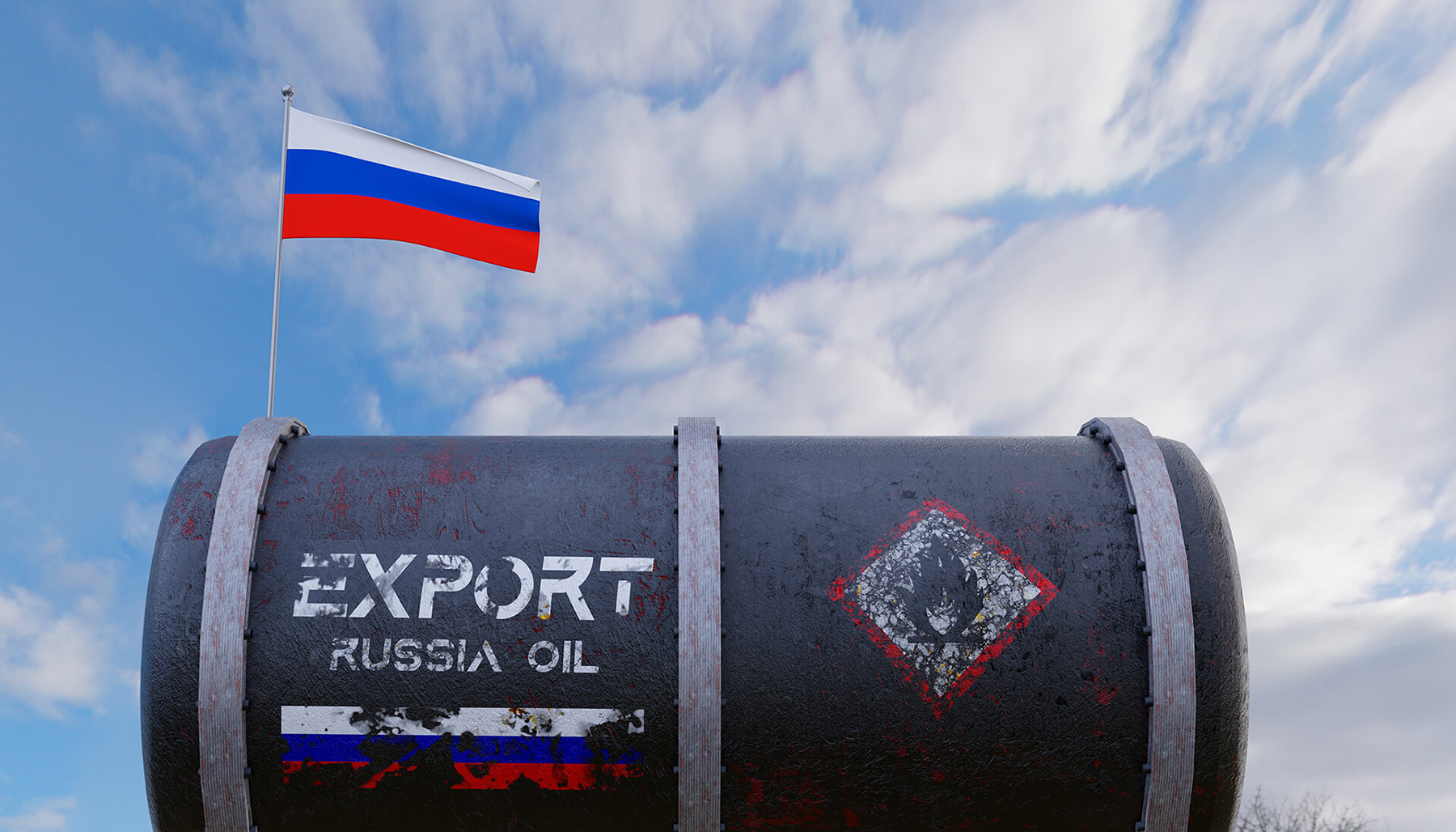India’s love affair with Russia began a long time ago. India won its independence from the UK in 1947. Jawaharlal Nehru, its first prime minister, was a self-declared socialist who drew inspiration from the Soviet Union. In the decades after independence, India swerved increasingly to the left. As a result, New Delhi developed extremely close relations with Moscow.
Only after 1991, when the Soviet Union collapsed, did New Delhi’s ties with Moscow weaken. In recent years, India has strengthened its relationship with the US. Both democracies find China a common threat. Furthermore, American investment has flowed into India while Indian students have flocked to the US. Indian politicians, movie stars and cricketers use American social media platforms such as Twitter and YouTube to campaign. Therefore, India’s neutrality on the Russian invasion of Ukraine has caused much heartburn in Washington.
The recent visit of Foreign Minister S. Jaishankar and Defense Minister Rajnath Singh to the US did not go particularly well. The Secretary of State Antony Blinken spoke about “monitoring some recent concerning developments in India, including a rise in human rights abuses by some government, police, and prison officials.” Blinken’s comment is less about human rights abuses and more about the US disapproval of India’s Ukraine policy and its purchase of Russian oil. So, why is New Delhi risking its relations with Washington and buying Russian oil?
Cheap Oil Option to Counter Inflation
The Russian invasion of Ukraine has spiked global food, fertilizer and oil prices. The average monthly Brent crude oil price in December 2021 was $74.17. In March 2022, this had risen to $117.25. For an energy importer like India, this has spelled disaster. Inflation has shot up and the Reserve Bank of India has cut projected growth rates for the country. As a result, Russia’s offer of cut-price oil has become attractive to India.
Given high prices, India is not alone in buying cheap Russian oil. Hungarian, Bulgarian and Greek refineries continue to buy Russian oil as do many others. The Indian press reports that New Delhi “could be buying Russia’s flagship Urals grade at discounts of as much as $35 a barrel on prices before the war.” This is a very steep discount that offsets American and Western sanctions. With a per capita GDP that was only $1927.71 in 2020 and an unemployment crisis in the country, India cannot afford to forego the option of cheap oil.
The option of buying Russian oil is also important for another reason. India sources its oil from many countries with Russia providing a tiny fraction of its energy needs. Iraq supplies 23% of India’s oil, Saudi Arabia 18% and the United Arab Emirates 11%. In 2022, exports from the US are likely to increase and meet 8% of India’s oil needs. Crucially though, India’s purchase of Russian oil gives it more leverage against other sellers. As Jaishankar rightly pointed out, India’s “total purchases for the month would be less than what Europe does in an afternoon.” Therefore, the US fixation with Indian oil purchases from Russia seems shortsighted and misguided.
A History of Romance, A Marriage of Geopolitical Realities
As has been said by many foreign policy experts, India has shared a close strategic relationship with Russia for many decades. Once India chose socialism, the then Soviet Union traded preferentially with India. Moscow also provided and continues to provide the bulk of India’s defense needs. Even today, an estimated 70% of India’s defense equipment comes from Russia. Perhaps even more importantly, Moscow has shared nuclear, missile and space technology with New Delhi, enabling India to emerge as a major power.
In 1971, the Soviet Union and India signed an important treaty. Later that year, Moscow backed New Delhi while Washington backed Islamabad. India was a democracy that reluctantly went to war to liberate Bangladesh. In the run up to the conflict, Pakistan’s military dictatorship was conducting genocide and using rape as a weapon of war against poor Bengalis in what was then known as East Pakistan. Russia has consistently backed India on Kashmir. In contrast, the US has regularly chided India for human rights abuses in Kashmir and taken a pro-Pakistan stance.
Even as ties with the US have improved, relations with Russia have remained important. In 2021, Russian President Vladimir Putin flew to New Delhi to meet Indian Prime Minister Narendra Modi. After the visit, retired Indian diplomat Ashok Sajjanhar concluded that Putin’s brief India trip had “reinvigorated a time-tested partnership.” Both countries signed many agreements, paying considerable attention to trade and investment relations. Traditional areas like nuclear energy, space and defense also got attention. Here, in the words of Sajjanhar “the most important decision was to commence manufacture of more than 700,000 assault AK-203 rifles with transfer of technology under the ‘Make in India’ program.”
Russia is also helping India indigenize its defense production of T-90 tanks and Su-30-MKI aircraft. Russia also supplies spares and helps upgrade MiG-29-K aircraft, Kamov-31, Mi-17 helicopters, MiG-29 aircraft and multiple rocket launcher BM-30 Smerch. Despite an ongoing war with Ukraine and severe sanctions, Russia is delivering the second regiment of S400 missile defense systems to India.
India is in a rough neighborhood with two nuclear-armed neighbors. Both Pakistan and China claim Indian territory. The specter of a two-front war is a real one for India. Therefore, good relations with Russia, its biggest defense equipment and technology supplier, are critically important. This is a key reason for New Delhi to take up Moscow’s offer of cheap oil.
As an independent nation and a rising global power, India has to act in its strategic interest. At the moment, this is best served by buying cheap Russian oil.
The views expressed in this article are the author’s own and do not necessarily reflect Fair Observer’s editorial policy.
Support Fair Observer
We rely on your support for our independence, diversity and quality.
For more than 10 years, Fair Observer has been free, fair and independent. No billionaire owns us, no advertisers control us. We are a reader-supported nonprofit. Unlike many other publications, we keep our content free for readers regardless of where they live or whether they can afford to pay. We have no paywalls and no ads.
In the post-truth era of fake news, echo chambers and filter bubbles, we publish a plurality of perspectives from around the world. Anyone can publish with us, but everyone goes through a rigorous editorial process. So, you get fact-checked, well-reasoned content instead of noise.
We publish 2,500+ voices from 90+ countries. We also conduct education and training programs
on subjects ranging from digital media and journalism to writing and critical thinking. This
doesn’t come cheap. Servers, editors, trainers and web developers cost
money.
Please consider supporting us on a regular basis as a recurring donor or a
sustaining member.
Will you support FO’s journalism?
We rely on your support for our independence, diversity and quality.







Comment